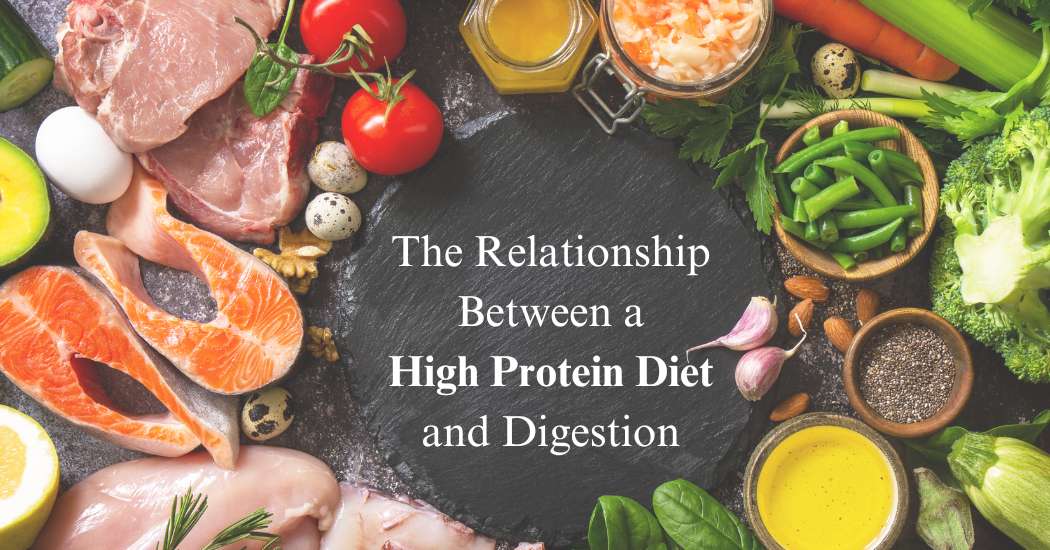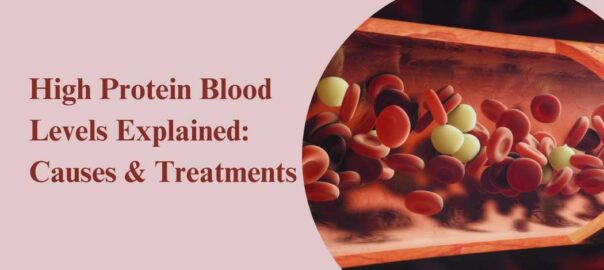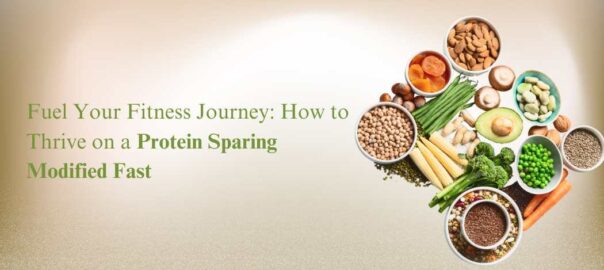
Understanding how a high-protein diet affects digestion is crucial for optimizing nutrition and overall well-being. Let’s explore this connection and its implications for health.
Introduction to Protein and Digestion
Protein is a macronutrient essential for various bodily functions, including muscle repair, hormone production, and enzyme activity. When we consume protein-rich foods, such as meat, fish, eggs, dairy, legumes, and nuts, they undergo a series of processes in the body to be utilized effectively.
1. Digestive Process:
Digestion begins in the mouth with the mechanical breakdown of food and the release of salivary enzymes. In the stomach, gastric juices containing hydrochloric acid and pepsin further break down proteins into smaller peptides. Finally, in the small intestine, pancreatic enzymes and bile continue the breakdown process, allowing for absorption into the bloodstream.
Impact of High-Protein Diet on Digestion
Consuming a diet rich in protein can have several effects on digestion and overall health.
Protein is a macronutrient essential for various bodily functions, including muscle repair, hormone production, and enzyme activity. When we consume protein-rich foods, such as meat, fish, eggs, dairy, legumes, and nuts, they undergo a series of processes in the body to be utilized effectively.
1. Increased Metabolic Rate:
Protein has a higher thermic effect compared to other macronutrients, meaning it requires more energy for digestion and metabolism. This can potentially boost metabolic rate, aiding in weight management efforts.
2. Appetite Regulation:
Protein is known for its satiating effect, helping to control appetite and reduce overall food intake. By including adequate protein in meals, individuals may experience better appetite control and reduced cravings.
3. Muscle Repair and Growth:
Protein is essential for muscle repair, growth, and maintenance. Athletes and active individuals rely on protein to support muscle recovery and optimize performance.
4. Nutrient Absorption:
Proteins play a role in facilitating the absorption of certain vitamins and minerals. A diet rich in protein can contribute to overall nutrient adequacy and vitality.
Considerations for Digestive Health:
While a high-protein diet offers many benefits, it’s essential to consider some factors for maintaining optimal digestive health.
1. Hydration:
Adequate hydration is crucial for proper digestion, as water is necessary for various digestive processes. Staying hydrated can prevent issues like constipation and promote regular bowel movements.
2. Fiber Intake:
Incorporating fiber-rich foods alongside protein sources can promote digestive regularity and gut health. Fiber helps bulk up stool and facilitate its passage through the digestive tract.
3. Balanced Diet:
While protein is important, it’s essential to maintain a balanced diet that includes a variety of nutrients from different food groups. Incorporating carbohydrates, fats, vitamins, and minerals ensures comprehensive nutritional support for overall well-being.
Conclusion:
In conclusion, the relationship between a high-protein diet and digestion is complex and multifaceted. While protein offers numerous benefits for metabolic health, muscle function, and satiety, it’s essential to maintain a balanced approach to nutrition. By understanding how protein interacts with the digestive system and incorporating it into a well-rounded diet, individuals can optimize their health and well-being. Remember to prioritize hydration, fiber intake, and overall dietary balance for optimal digestive health and overall wellness.
FAQ:
High-protein diet is one that emphasizes the consumption of foods rich in protein, such as meat, fish, eggs, dairy, legumes, and nuts. It typically involves obtaining a higher proportion of daily calories from protein sources compared to carbohydrates and fats.
Protein digestion begins in the mouth with mechanical breakdown and the release of salivary enzymes. In the stomach, gastric juices containing hydrochloric acid and pepsin further break down proteins into smaller peptides. Finally, in the small intestine, pancreatic enzymes and bile continue the breakdown process, allowing for absorption into the bloodstream.
Consuming a high-protein diet can have several benefits for digestion, including:
Increased metabolic rate, potentially aiding in weight management.
Better appetite regulation and reduced food cravings.
Support for muscle repair, growth, and maintenance.
Facilitation of nutrient absorption, contributing to overall vitality.
Yes, it’s essential to consider the following factors:
Ensuring adequate hydration to support digestion and prevent constipation.
Incorporating fiber-rich foods to promote digestive regularity and gut health.
Maintaining a balanced diet that includes a variety of nutrients from different food groups for overall nutritional support.
While protein is essential for health, consuming excessive amounts or neglecting other nutrients can potentially lead to digestive issues such as constipation or nutrient deficiencies. It’s important to maintain a balanced approach to nutrition.
Protein requirements vary depending on factors such as age, gender, activity level, and overall health status. As a general guideline, aim for a daily intake of 0.8 to 1 gram of protein per kilogram of body weight. However, individual needs may vary, so consult with a healthcare professional or registered dietitian for personalized recommendations.












